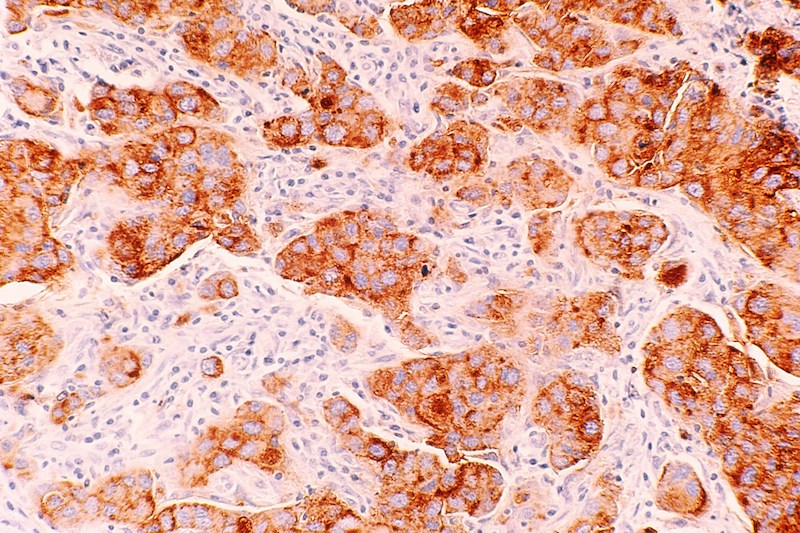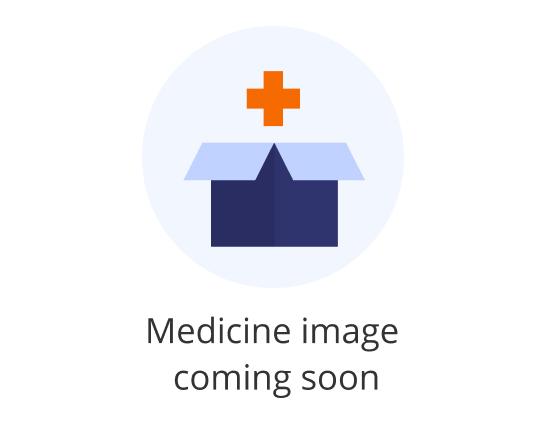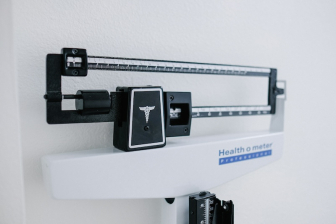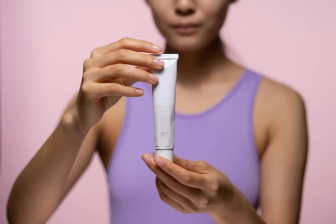Kisqali for early breast cancer: Where is it available and how to get it now?
Last updated: 30 October 2024

You can legally access new medicines, even if they are not approved in your country.
Learn howFor breast cancer patients, the risk of recurrence persists even after early diagnosis and treatment. This makes the recent FDA approval of Kisqali (ribociclib) for early breast cancer a major breakthrough. Clinical trial results show its potential to reduce the chances of recurrence, offering new hope to patients.
But what if you're outside the USA? Is ribociclib available as an adjuvant treatment for breast cancer in other countries? What are your options if it's not? Here's what you need to know.
What is Kisqali prescribed for?
Kisqali (ribociclib) has been approved by the FDA, EMA and MHRA since 2017. Its original indication was for the treatment of advanced metastatic HR+/HER2- breast cancer 1.
However, since September 2024, Kisqali is also approved by the FDA for use in early HR+/HER2- breast cancer, with the aim to reduce the risk of recurrence 1. Kisqali is specifically intended for people with stage 2 or 3 early breast cancer with a high risk of recurrence, including both those with and without cancer in their lymph nodes 2.
When used as an adjuvant breast cancer treatment, ribociclib is prescribed alongside hormone therapy (i.e. an aromatase inhibitor (AI)).
How does ribociclib work in early breast cancer?
Ribociclib targets and blocks the activity of the CDK4 and CDK6 proteins, which are involved in cancer cell growth and can increase the risk of cancer returning. According to data from the phase 3 NATALEE trial, when taken with a nonsteroidal aromatase inhibitor (hormone therapy aimed at reducing estrogen production), ribociclib can reduce the risk of invasive recurrence by 25.1%, compared to hormone therapy alone. The recurrence risk reduction effect was slightly higher for patients with stage 2 breast cancer (30% risk reduction) than for those with stage 3 (24.5% risk reduction) 3.
How successful is Kisqali as an adjuvant breast cancer treatment?
In the phase 3 NATALEE trial, results were reviewed at 3 and 4 years after the start of treatment. According to the reported outcomes, this is how successful Kisqali was in treating early breast cancer:
- 3 years after start of treatment:
- the risk of cancer recurrence was reduced by 25%, compared to hormone therapy alone;
- 91% of patients taking ribociclib with hormone therapy were cancer-free, compared to 81% of those taking hormone therapy alone 2;
- 4 years after start of treatment:
- the risk of cancer recurrence was reduced by 29% compared to hormone therapy alone;
- 89% of patients taking ribociclib with hormone therapy were cancer-free, compared to 84% of those taking hormone therapy alone 2.
Ribociclib as an adjuvant breast cancer treatment: Where is it available?
As of September 2024, Kisqali (ribociclib) is only approved in the USA for use in treating early breast cancer 1. While it's being assessed for approval for this indication in several other regions, including the EU and the UK, it is not yet approved there.
Until that happens, Kisqali is approved by the EMA, MHRA, and 99 other countries, for use in advanced or metastatic HR+/HER2- breast cancer, in combination with either aromatase inhibitors or fulvestrant 3.
Luckily, that does not mean your doctor cannot prescribe it to you as an early breast cancer patient. Based on the FDA's approval of ribociclib as an adjuvant breast cancer treatment, your medical team can give you an off-label prescription. Off-label use of a medicine refers to its use on indications for which it hasn't been approved yet.
Keep in mind, though, that prescribing Kisqali off-label may have implications for your health insurance coverage. Some providers may only reimburse medicine costs if the medicine is used according to its locally approved indication. To be safe, check with your health insurance provider.
What if Kisqali is not yet approved in your country?
If Kisqali is not approved or available in your country, there are still ways to get it without having to wait. One option is to join an ongoing ribociclib clinical trial. Another option is to buy Kisqali immediately for your personal use.
Join a Kisqali clinical trial
To access the new treatment for early breast cancer, enrolling in a clinical trial is one option. However, this can be challenging, as you and your doctor will need to locate a trial that is currently accepting participants in your country. Additionally, you must meet the eligibility requirements and understand that you may be placed in the control group of the trial.
Here are some good places to start looking for ongoing ribociclib clinical trials:
-
ClinicalTrials.gov: This is a database with all clinical trials in the USA. Some of the trials are also open to international participants, so it's a list worth keeping an eye on.
-
EUClinicaltrials.eu: This is a database with all clinical trials in the European Union. Currently, it contains limited information on trials launched before 31 January 2022. For those trials, you can refer to the EU Clinical Trials Register.
-
myTomorrows and FindMeCure: These organizations support patients in finding treatment options in clinical trials.
Buy Kisqali for personal use
As a patient, you are allowed to buy and import medicines for your personal use, even if they are not approved or available in your country. The regulation making this possible is known as Named Patient Import. There may be variations across countries in terms of the specific administrative requirements. However, in all cases these criteria must be met:
- The medicine in question has market approval in another country and is not (yet) approved or available in the patient's country;
- There is no alternative on the local market;
- The medicine is for personal use;
- The patient has a prescription from their treating doctor;
- The doctor takes responsibility for the treatment. This might require different documentation from country to country.
Do you want to use the Individual Named Patient Import regulation to get ribociclib before its wider approval for use in early breast cancer? You will first need to consult yourtreating doctor and get a suitable prescription.
Already have a prescription? Share it with our expert team, so we can support you with buying Kisqali, wherever you are.
References:
- Kisqali (ribociclib) FDA Approval History. Drugs.com, Accessed 1 October 2024.
- Kisqali clinical trial results. Kisqali.com, Accessed 1 October 2024.
- Latest Novartis Kisqali® NATALEE analysis reinforces 25% reduction in risk of recurrence across broad population of patients with early breast cancer; supports regulatory submissions. PR Newswire, 8 December 2023.





